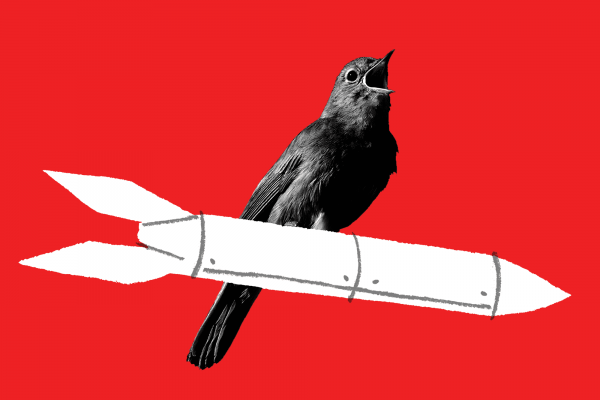THE RUSSIAN BEAR has once again swatted the Ukrainian nightingale.
In response to Russian President Vladimir Putin’s bloody adventurism in Ukraine, thousands of Russians defied harsh anti-protest laws to hold anti-war demonstrations. Even before rockets exploded over Kyiv, his pro-Kremlin proxies took over eastern Donbas in 2014, killing 13,000 people, a quarter of them civilians, and displacing more than 850,000. Human rights abuses in the breakaway regions skyrocketed. There is no free and independent media. Journalists are targeted. Religious persecution against Catholics, Protestants, Jews, Muslims, and other religious minorities is constant and harsh. Both Ukrainian and pro-Russia armed groups detained hundreds of civilians charged with “espionage” and held them in undisclosed locations, often subjecting them to torture. The slow unraveling of the fragile ceasefire brokered in 2020, in addition to COVID-19 restrictions, left Ukrainians gasping and afraid.
Churches too are caught in the literal crossfire as well as the crossfire of contested histories. As the hot war started, Valery Antonyuk, head of the All-Ukrainian Union of Evangelical Baptist Churches, called on all congregations to prepare to open their churches to the displaced. “Our churches must become centers of service to our people in times of adversity,” he said, emphasizing that his pastors were not leaving.
Read the Full Article

